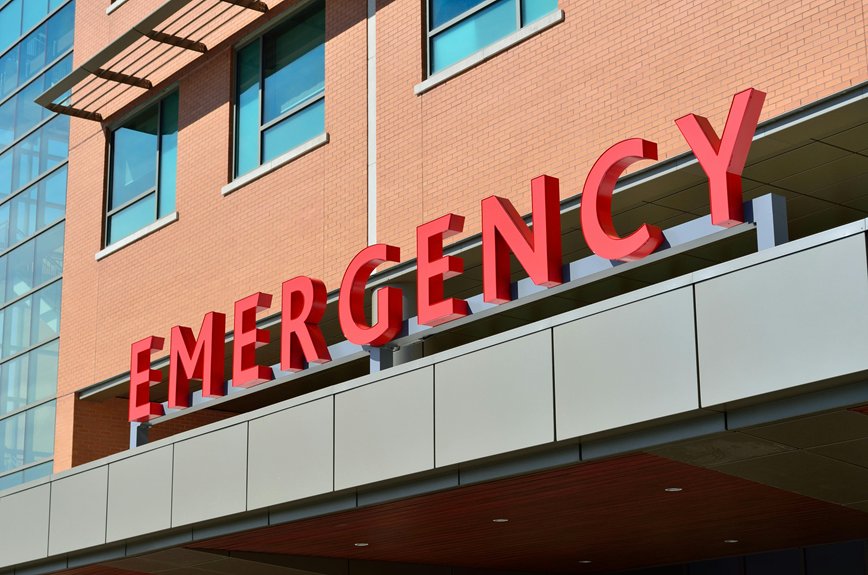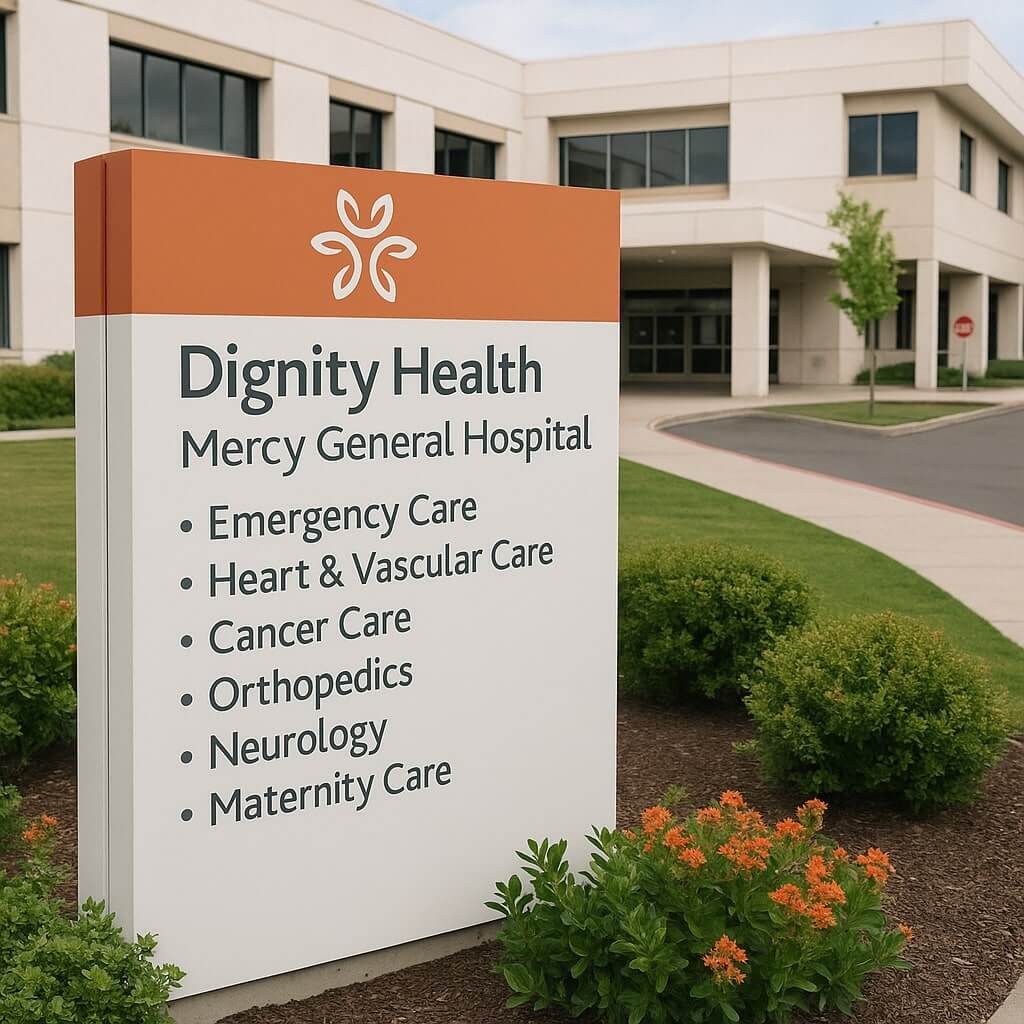If you or a loved one is facing mental health challenges, understanding the services offered at the Rochester General Hospital Inpatient Mental Health Center can be essential. They provide a range of support options, from crisis intervention to family support services, all aimed at fostering healing and resilience. Each service is designed to address unique needs, ensuring a thorough approach to care. Discover how these resources can make a difference in your journey toward wellness.
Key Takeaways
- Crisis intervention services provide immediate support and stabilization during mental health crises.
- Medication management includes thorough education and regular check-ins to optimize treatment plans.
- Individual therapy offers a safe space for exploring thoughts and developing healthier coping strategies.
- Group therapy fosters emotional exploration and connection with others facing similar challenges.
- Family support services enhance communication and understanding within families affected by mental health issues.
Crisis Intervention Services
When you or a loved one faces a mental health crisis, Rochester General Hospital’s Inpatient Mental Health Center offers immediate support through its Crisis Intervention Services.
These services begin with a thorough crisis assessment to understand the unique situation and needs. Trained professionals provide emergency intervention tailored to stabilize the individual and guarantee safety.
You’ll find a compassionate team ready to listen and guide you through this challenging time. Their goal is to help you regain control and start the healing process.
Medication Management
At Rochester General Hospital’s Inpatient Mental Health Center, medication management plays an essential role in your treatment plan.
You’ll receive thorough medication education to help you understand your prescriptions and their effects. Our team will work closely with you to guarantee you’re comfortable with your medications, addressing any concerns you may have.
By promoting prescription adherence, we aim to enhance your recovery process and improve your overall well-being. Regular check-ins and adjustments may be necessary to find the right balance for you.
Together, we’ll ensure that your medication regimen supports your mental health journey effectively.
Individual Therapy
Individual therapy is an essential component of your treatment at Rochester General Hospital’s Inpatient Mental Health Center, as it provides a safe space for you to explore your thoughts and feelings.
During these sessions, you’ll work with a trained therapist who utilizes cognitive behavioral therapeutic techniques. This approach helps you identify and challenge negative thought patterns, empowering you to develop healthier coping strategies.
Your therapist will guide you in addressing specific issues, fostering self-awareness, and enhancing emotional resilience.
Group Therapy
Alongside individual therapy, group therapy plays an essential role in your treatment at Rochester General Hospital’s Inpatient Mental Health Center. This setting allows you to connect with others facing similar challenges, fostering a sense of community.
Through effective group dynamics, you’ll engage in discussions that encourage self-expression and support. Skilled therapists employ various therapeutic techniques, helping you explore emotions, share experiences, and gain insights from peers.
Group therapy not only enhances your understanding of yourself but also cultivates valuable interpersonal skills. By participating, you’ll feel less isolated, gaining strength and motivation from others on their healing journeys.
Family Support Services
Recognizing that mental health challenges affect not just individuals but their families as well, Rochester General Hospital’s Inpatient Mental Health Center offers essential Family Support Services.
You’ll find family counseling tailored to your unique needs, helping you navigate the complexities of mental health together. These sessions aim to strengthen communication and understanding within your family unit.
Additionally, support groups provide a safe space for family members to share experiences, fostering a sense of community and connection.
Discharge Planning
When you or a loved one is ready to shift from the Inpatient Mental Health Center, effective discharge planning becomes essential for ongoing recovery.
It guarantees you meet the discharge criteria and receive adequate transition assistance. Here are three key aspects to contemplate:
- Personalized Transition Plans: Tailored plans help ease the move to home or outpatient care.
- Resource Connections: Access to community resources and support groups fosters a sense of belonging.
- Follow-Up Appointments: Scheduling follow-ups guarantees continued care and monitoring of progress.
This thoughtful planning sets the stage for a successful recovery journey ahead.
Continuing Care and Follow-Up
As you shift from the Inpatient Mental Health Center, continuing care and follow-up play an essential role in your recovery.
Engaging in aftercare programs helps you maintain the progress you’ve made, offering structured support as you adapt to daily life. These programs often include therapy sessions, medication management, and peer support groups.
Additionally, tapping into community resources can provide you with crucial tools and connections, ensuring you’re not alone on this journey.
Regular check-ins with your care team will help monitor your well-being and adapt your care plan as needed, fostering a stronger, healthier you.
Conclusion
At Rochester General Hospital Inpatient Mental Health Center, you’re not alone in your journey toward healing. With a range of services tailored to your needs, from crisis intervention to family support, you’ll find the resources and understanding necessary to navigate your challenges. As you prepare for discharge, the focus on continuing care guarantees you’re supported every step of the way. Remember, reaching out for help is a sign of strength, and we’re here to support you.




